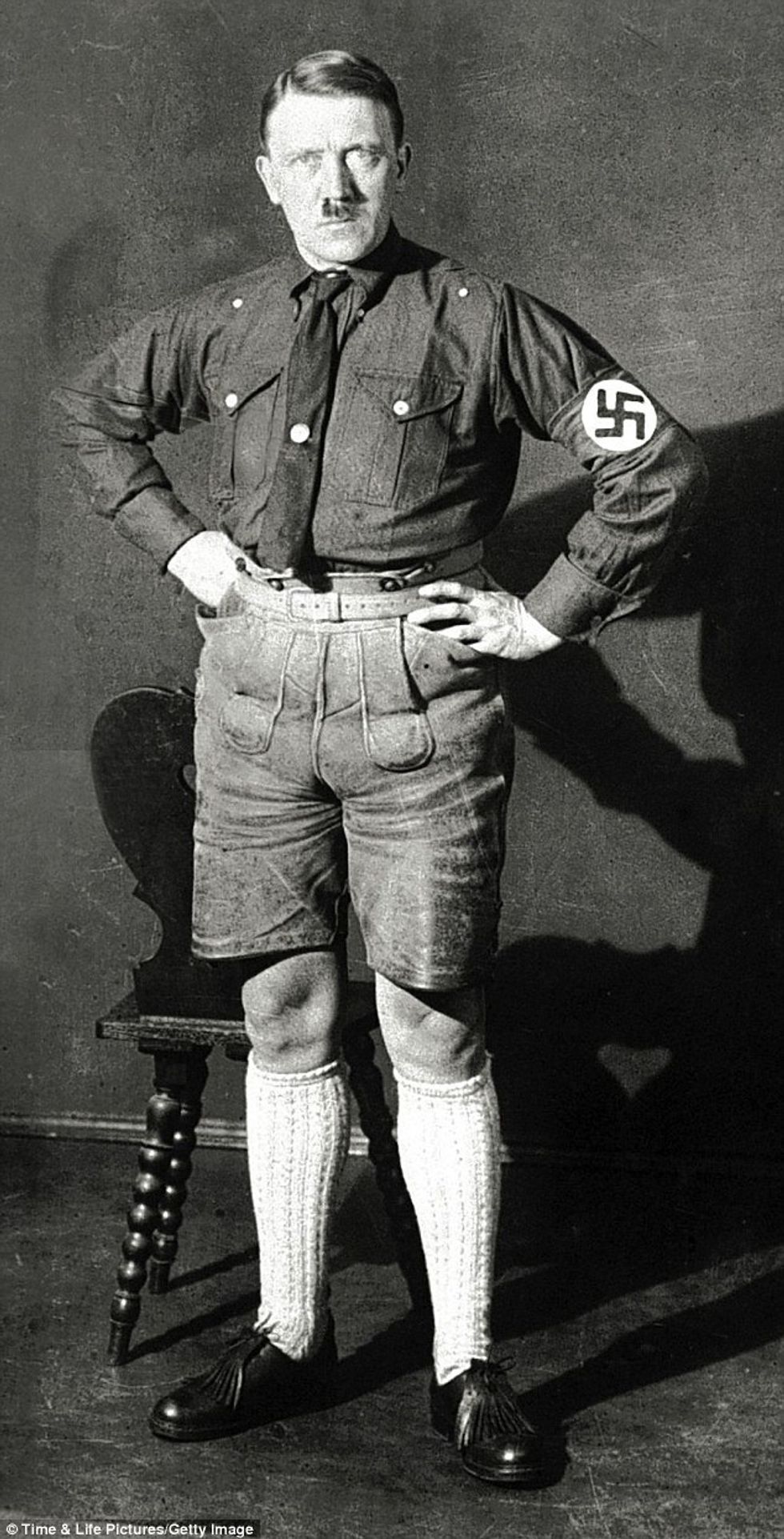When an extremist party wins the election in a country, it probably means that this country has been suffering from an economical meltdown or political turmoil. The trend in world politics is for the electoral body to turn to extreme political ideas in hopes that the country will escape the current situation.
Fear disrupts the balance in politics and makes center governments look powerless in the face of extreme circumstances, so the extreme parties gain more support.
But here's the thing: political extremism can be dangerous. So dangerous that it caused a war so destructive that it changed every way our world is organized. So dangerous that it killed more than 60 million people, the deadliest military conflict in history. So dangerous that the term "war crimes" was created just so the world could see a bit of justice made for the gruesome and inhumane atrocities committed. And it was all because people reacted to an extreme circumstance by electing an extreme party.
After World War I, the world entered the Great Depression period that left people uncertain about their future, making them lose the faith in the public institutions installed post-war. Combine that with factors of nationalism, unemployment and the hyperinflation in Germany and you have an uncertain, scared and desperate electoral body.
That was a recipe for disaster and upset the balance so much and so fast that the Nazi Party got 34.8 percent more public support in only four years (1928-32). In people's minds, extreme circumstances merit extreme measures, and they ended up electing the party of a dictator and mass murderer that spreads hate and fear in every speech he gave.
After seeing the absolute destruction of World War II, you'd think people would learn that electing extremist parties is not the right answer in the face of extreme circumstances. Well, you thought wrong.
Far-right parties are being elected and gaining much support across the world that this is starting to become a trend in current world politics. In face of the worst stagnation in world economy, political unrest and the worst refugee crisis since WWII, the world populations have started to turn their vote and support to extreme far-right parties, and we all know how this could end (think weird mustache and horrible fashion).
The first red flag that this was an actual problem happened earlier this year when the British population decided to leave the European Union. Nationalism and uncertainty of the future ran so high in people's minds, that they thought leaving the most successful economic bloc to prevent illegal migration was a good idea.
Before that, in 2014, we've seen a striking rise in the number of far-right politicians gaining positions in the European Parliament (the body that governs the EU.) They all differ in their nationality and thought process, but all tend to hold Eurosceptic, racist, homophobic and Islamophobic views. And still worse, they are spreading this thinking to the European population.
Combined with fear from the hundred of thousands of migrants coming into Europe through perilous journeys, unemployment and economic uncertainty, people start to lean towards political extremism. That reflects a nationalist ideology full of minority hate and xenophobia, and thus a rebuff of multi-state economic unity and political center.
Worse yet, this political thinking is becoming a trend, and a dangerous one.
The nationalist, Eurosceptic win of Brexit caused many far-right movements in Europe to move from slowly but surely increasing support in Europe to full on hate speeches and callings for their own countries to leave the EU, too. Marine Le Pen, leader of the National Front far-right party in France, is up for election in 2017 and her 'Frexit' thinking has 41 percent of French citizens saying they'd vote to leave the EU too. Also, the rise of far-right parties in Italy, Greece, Austria and even the Netherlands keep economists up at night thinking of the consequences of a euro-currency country leaving the EU.
While Americans are watching Brexit unfold on their TVs, with popcorn by their side as they see the Brexit-drama unfold, they are not thinking that the same xenophobic and nationalist thinking could bring them down too. Brexit had many consequences, and one of them was the pound decreasing so much the night after the vote that American tourists in England were able to gain more from exchanging their currencies for pounds since the 1950s.
That economic uncertainty just leads to more insecurity and results in the public relying even more on xenophobic politicians. It's a growing trend that can escalate exponentially to something even more catastrophic, especially in the era of biochemical weapons and Atomic bombs.
Yet, Americans are not learning from what happened in Britain. Instead of heeding far from fringe conservatives, the American Republican party embraced politicians like Donald Trump, who literally warns people against a "nasty woman" and "bad hombres." This appeasement tactic unleashed a nationalist force that is not easily tamed, according to Richard Wolffe in a Guardian opinion article. And it's coming to the US with a trade war with China, a giant wall to keep Mexicans out and kick out more than 11 million people from the country.
In Britain, the people who were supposed to fight against the upcoming unemployment and currency depreciation by voting against Brexit didn't bother to vote. Trump draws his strength from white, older voters, and if Millennials don't vote in this election, we'll see something far worse in America than what happened with Britain. Protest votes also make a big difference, maybe even ALL the difference; we need to stop this far-right trend from spreading to America.
So please, PLEASE listen to the hundreds of ads to sign up to vote and Kendall Jenner's and celebrities' video campaigns to vote. Don't throw away the only political power you have in an indirect democracy by not voting. In the real world, it might actually make a difference for the future of the US, and even across the globe.

























